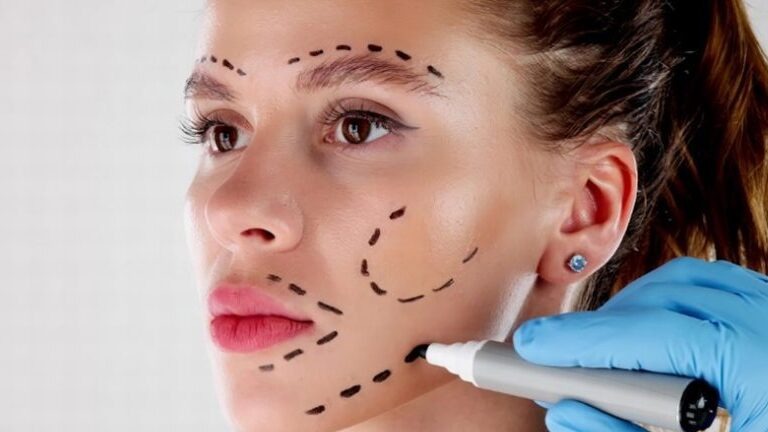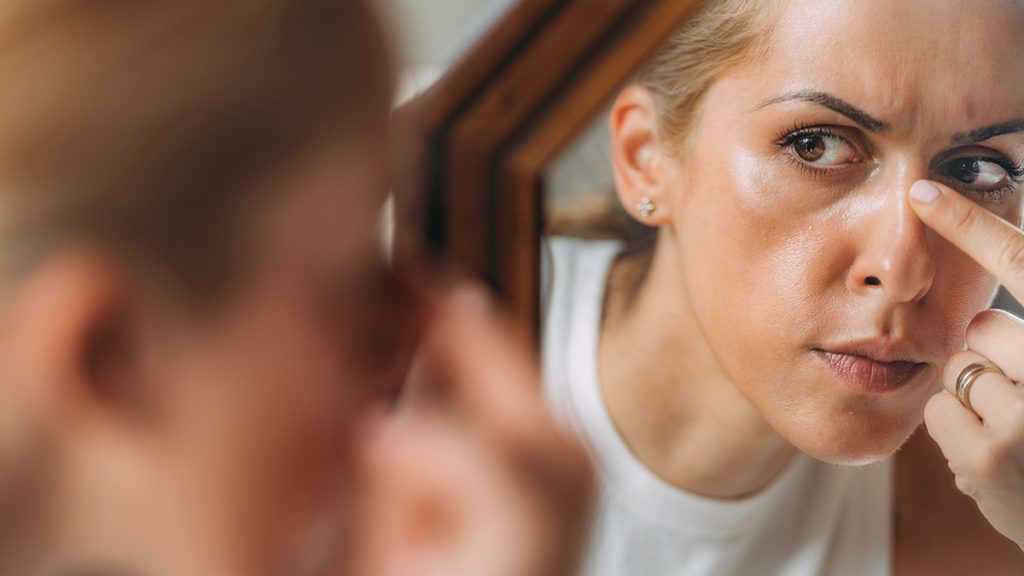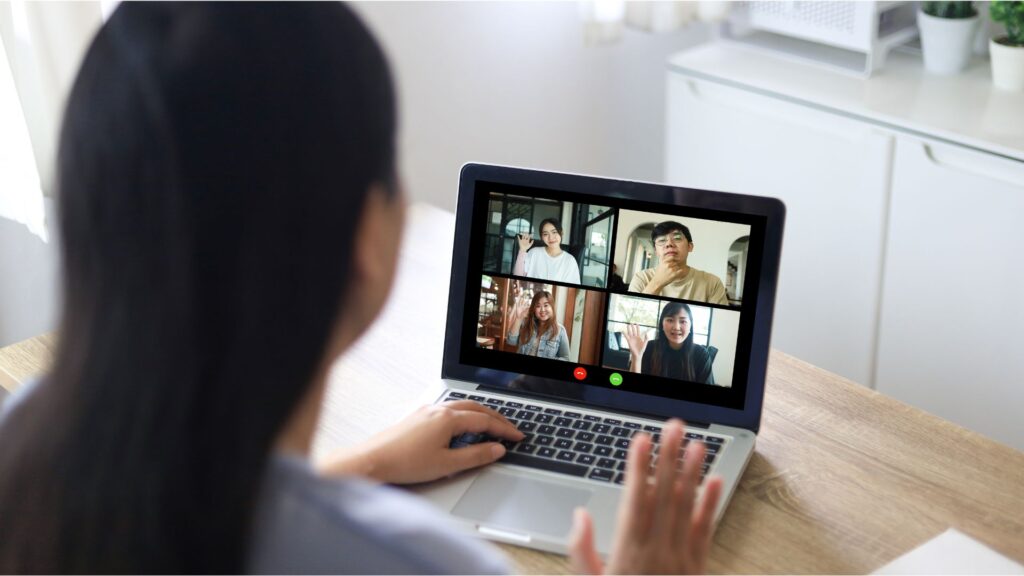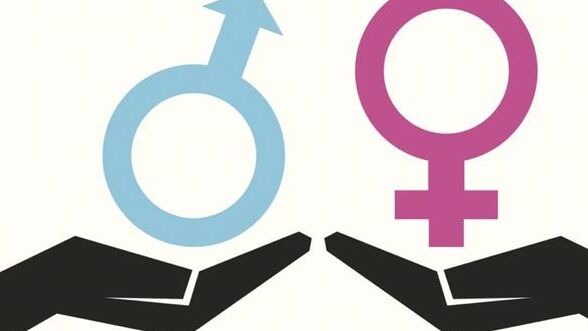The Age of Tweaks: Why Everyone Suddenly Wants to ‘Fix’ Something

There used to be a time when cosmetic procedures felt distant, something reserved for celebrities, for socialites, for the women who appeared on billboards in teeth-whitened smiles and suspiciously wrinkle-free faces.
Their bodies felt like fiction, shimmering on glossy magazine covers; their beauty was justan aspiration many admired but never seriously considered replicating.
Now, that distance has collapsed. Beauty has become something you can adjust, upgrade, or “fix”. And suddenly, everyone seems to be considering a tweak.
The friend who always loved her nose suddenly notices it is too big and wants a nose job; the guy who never cared about his jawline suddenly discovers it is not sharp enough; the girl who used to mock the idea of fillers but is now googling “lip hydration injections near me.”
In this age of tweaks, small, fast, subtle modifications promise to correct the things you never thought needed correcting. Nobody wants to overhaul their body; they just want to “improve” it. The language is soft, almost harmless but beneath that softness is pressure, heavy and unrelenting.

When Insecurities Become Trendy
There is nothing new about people feeling insecure. Humans have always battled the mirror. But the current moment feels different because insecurities are now algorithmically amplified. What used to be a private discomfort, a slightly crooked smile, an uneven nose bridge, has become public currency.
Open TikTok and you will be greeted by faces explaining what they “fixed”: their buccal fat, their tear troughs, their smile lines, their hip dips. Some offer discount codes, others offer before-and-after slideshows. Beauty has become an industry of explanations.
And the strange thing is the more normalized these tweaks become, the more people start seeing “issues” that never existed.
A nose that once felt normal now looks “bulbous.” Cheeks become “flat.” A forehead seems “short.” Everyday faces begin to feel wrong simply because they are unedited.
It is difficult to defend yourself from a standard that disguises itself as subtle. There is no villain in this story, just a collection of gentle nudges.
A video here, a friend’s new lip filler there, a celebrity admitting they got “just a little Botox, nothing dramatic”, the language of tweaking is deceptive because it never announces itself as insecurity. It calls itself “maintenance.”
But whether whispered or shouted, the message lands the same: you could look better.
When Perfection Becomes Easier Than Acceptance
Unlike the cosmetic trends of the past, the new wave is not about chasing dramatic transformation, it is about chasing an improved version of yourself.
And the truth is, the accessibility makes it tempting. You can walk into a clinic with a slightly tired look and walk out twenty minutes later with a face that seems more “awake.” A small bump on your nose? Filled. Lips too thin? Plumped. Chin too short? Extended. These procedures are marketed with words like “natural.”
The speed of the fix is intoxicating. For many, it feels easier to smooth a feature than to learn how to love it. Society has spent decades teaching people to analyze themselves through the lens of lack. Why fight that inner critic when you can silence it with a needle?
But that logic, once it begins, rarely ends. When one tweak blends seamlessly into your face, it becomes easier to believe another tweak will blend too. And another. And another.
You are not becoming someone new, you tell yourself. You are just improving what was already there. Except at some point, the idea of the “original you” becomes a ghost, distant, blurred, barely remembered.

The Pressure of Being ‘Camera-Ready’
There is also the quiet truth that we are living in a society that records everything. A casual brunch may end up as a picture dump. A night out is documented in Stories. Even a regular Tuesday morning can turn into content if the lighting hits right.
People are no longer living in private bodies, they are living in bodies that are constantly photographed, compared, archived, judged. The camera does not care whether you slept well, whether your face is bloated, whether your skin is having a bad day. It captures you in high resolution.
And in a world where you are always on-display, the desire to prepare the face that others will see becomes its own kind of job. Being camera-ready becomes a lifestyle.
It makes sense, then, why tweaks feel like armour. A smoothed forehead buys confidence during a Zoom call. Sharper cheekbones catch the right angles in group photos.
Fuller lips look better under harsh flash. Beauty procedures are less about extravagance and more about minimizing the anxiety of being seen.
When everyone is constantly in the frame, everyone feels the pressure to improve the frame.
When ‘Fixing’ Becomes a Silent Language
One of the strangest things about beauty culture today is how quietly people undergo these changes. They return from holiday with a “refreshed” face.
They blame their new jawline on weight loss. Their lips “magically” plump after allegedly trying a new lip gloss. The quietness is a reflection of how normalized tweaking has become.
Everyone knows it is happening, but nobody talks about it directly. The silence becomes a language of its own.
People are not doing tweaks to impress anyone; often, they are doing them because others around them have already tweaked. The standard shifts quietly, incrementally, until the natural version of your face begins to feel like the odd one out.
Beauty, in this era, is a moving target. And everyone is trying to keep up.
Trying to Find Ourselves Again
But beneath all these layers of filters, procedures and touch-ups, there is a quieter question that people are too afraid to ask:
Are we still allowed to simply look like ourselves?
Not the version refined by injectors, not the version influenced by algorithms, not the version molded by global beauty trends. Just ourselves, uneven, textured, asymmetrical, human.
Reclaiming that version is difficult, especially when the world keeps whispering that a small improvement is harmless. But sometimes, the bravest thing you can do is allow your face to remain unedited.
To let your nose be your nose. To let your smile lines show that you have laughed. To let the mirror reflect a person, not a project.
Tweaks will not disappear. They are embedded in culture now, part of the beauty landscape. But what can change is the pressure. What can change is the way we talk about “imperfection.” What can change is the idea that enhancement equals worth.
Because at the end of the day, the face we are born with is not a mistake. The body we grow into is not a problem to be solved. And the world would be so much softer, so much more human, if people were allowed to exist without feeling like they constantly need to be fixed
Recommended Articles
There are no posts under this category.You may also like...
If Gender Is a Social Construct, Who Built It And Why Are We Still Living Inside It?

If gender is a social construct, who built it—and why does it still shape our lives? This deep dive explores power, colo...
Be Honest: Are You Actually Funny or Just Loud? Find Your Humour Type

Are you actually funny or just loud? Discover your humour type—from sarcastic to accidental comedian—and learn how your ...
Ndidi's Besiktas Revelation: Why He Chose Turkey Over Man Utd Dreams

Super Eagles midfielder Wilfred Ndidi explained his decision to join Besiktas, citing the club's appealing project, stro...
Tom Hardy Returns! Venom Roars Back to the Big Screen in New Movie!

Two years after its last cinematic outing, Venom is set to return in an animated feature film from Sony Pictures Animati...
Marvel Shakes Up Spider-Verse with Nicolas Cage's Groundbreaking New Series!

Nicolas Cage is set to star as Ben Reilly in the upcoming live-action 'Spider-Noir' series on Prime Video, moving beyond...
Bad Bunny's 'DtMF' Dominates Hot 100 with Chart-Topping Power!

A recent 'Ask Billboard' mailbag delves into Hot 100 chart specifics, featuring Bad Bunny's "DtMF" and Ella Langley's "C...
Shakira Stuns Mexico City with Massive Free Concert Announcement!

Shakira is set to conclude her historic Mexican tour trek with a free concert at Mexico City's iconic Zócalo on March 1,...
Glen Powell Reveals His Unexpected Favorite Christopher Nolan Film

A24's dark comedy "How to Make a Killing" is hitting theaters, starring Glen Powell, Topher Grace, and Jessica Henwick. ...
